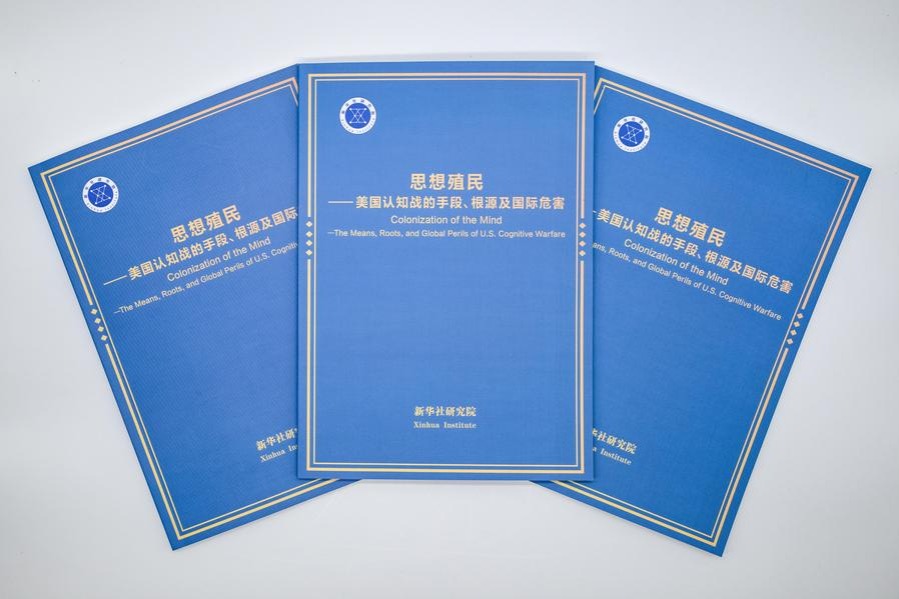Deputies consider foreign states immunity legislation

Chinese lawmakers have proposed formulating a foreign states immunity law following malicious litigation filed against China over its COVID-19 response.
The move will protect the legitimate rights and interests of Chinese citizens as well as foreign investors, said Ma Yide, a deputy to the National People's Congress and a law researcher at the Beijing Academy of Social Sciences.
It will also counteract malicious litigation raised in countries like the United States toward China over the COVID-19 response, Ma told reporters on Tuesday on the sidelines of the annual NPC session.
He said the lack of such a law has emerged as a prominent issue in the current epidemic as some countries, led by the United States, tried to shift the blame for their own governments' incompetence on COVID-19 response.
Some groups and individuals in some countries even cited the Foreign Sovereign Immunities Act of the United States to bring litigation against the Chinese government, he added.
"This has trampled on the internationally recognized principle of sovereign immunity, and is also a show of hegemony and power politics," Ma said, stressing the necessity and urgency for China to formulate a foreign states immunity law.
China follows the principle of absolute immunity of foreign states and their property, thus Chinese litigants are unable to sue foreign governments from domestic courts, while Chinese governments have often been sued in foreign courts, he added.
Ma suggested adopting a limited immunity principle, which is more commonly found in the United States, Canada, the United Kingdom and European Union countries.
From a long-term perspective, adopting a limited immunity principle will show the responsible manner of the Chinese government toward foreign investors, ensure stable expectations for the protection of their investments, and facilitate China's new round of opening-up and the development of the Belt and Road Initiative, he said.
Over 35 lawmakers from the NPC Beijing delegation have endorsed the proposal, which has been accepted by the session and forwarded to special committees of the national legislature for study.
Xinhua
- High penalties suggested for data breaches
- AI risks, collaborative defense focus of Kunming cyber forum
- Draft prison law emphasizes fair treatment for inmates
- Students welcome social media account of RUC's Party secretary
- China Daily app announces winners of limited-edition military models
- China formulates, revises 150 sets of administrative regulations in 14th Five-Year Plan period





































